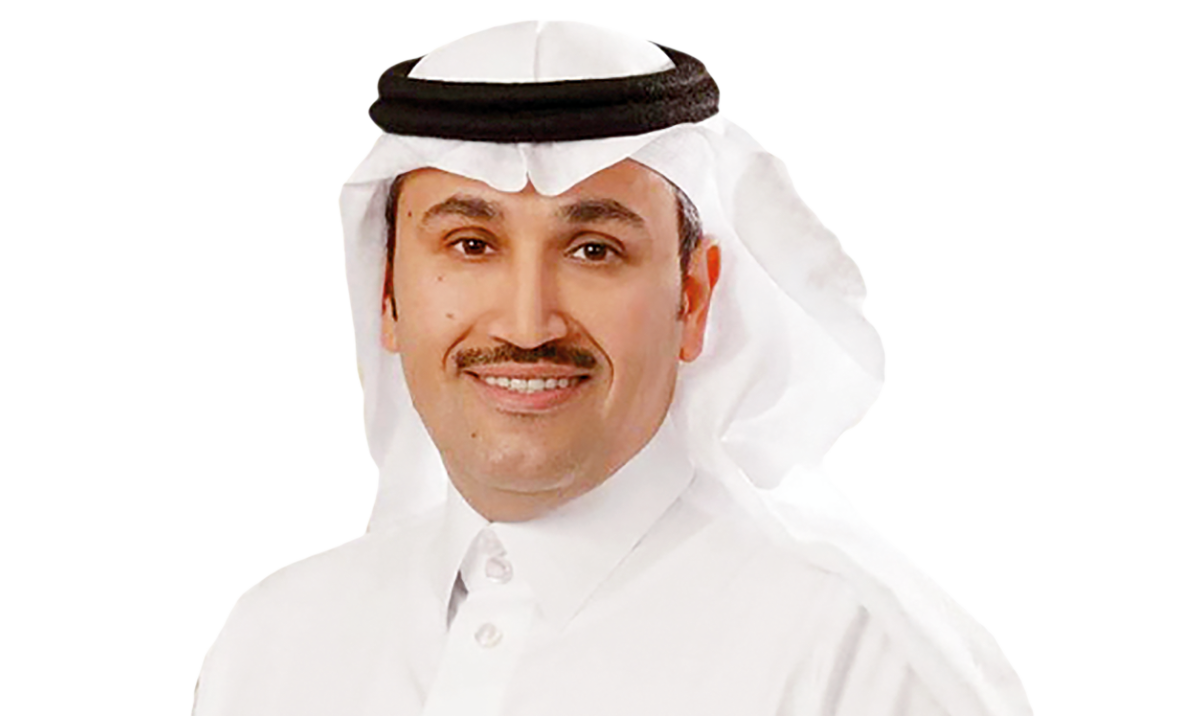
Saudi Arabia strives to become a global logistics hub
But now, after 18 months, their doubts have been allayed as the progress achieved in Saudi Arabia’s logistics sector indicates that the government, spearheaded by Crown Prince Mohammed bin Salman, is heading in the right direction to make the Kingdom a pivotal hub in the global logistics map.
For Saudi Arabia, improving its logistics efficiency is very crucial as it is inevitable to strengthen the Kingdom’s supply chain, which in turn is critical to achieving the economic diversification goals outlined in Vision 2030.
Game-changing initiatives
The growth of the logistics sector in Saudi Arabia is driven by a host of game-changing initiatives led by Saudi Arabia’s Ministry of Logistics and Transport, the Saudi Ports Authority, also known as Mawani, and the National Industrial Development and Logistics Program.
Both Mawani and NIDLP are also heavily promoting the usage of advanced digital technologies including artificial intelligence to completely automate Saudi ports and logistics centers.
According to Paul Sullivan, lecturer at Johns Hopkins University and a senior associate fellow at King Faisal Center for Research and Islamic Studies Energy and Environmental Security, both NIDLP and Mawani will “necessarily have to be big players in the future development of logistics in the country and with other countries.”
He added: “As investments and the systems within systems are developing, Mawani and the NIDLP have to be part of many of the discussions. Many other parts of the Saudi government at local to national levels need to also be part of these developments.”
To accelerate the growth in the logistics sector, Saudi Arabia’s Minister of Transport and Logistics Saleh Al-Jasser had, in October 2022, announced plans to inaugurate 59 logistic zones to bolster supply chains.

On Jan. 12, during the Future Minerals Forum in Riyadh, Al-Jasser further noted that Saudi Arabia is on a path of transformation and the logistics sector in the Kingdom has to enable this transformation.
“We currently enjoy a very strong infrastructure in Saudi Arabia when it comes to ports, railways, and roads,” he reiterated.
According to Sullivan, Saudi Arabia enjoys a crucial geographical advantage which will help it become a logistics powerhouse.
“Saudi Arabia could use the Gulf, the Red Sea, the Indian Ocean, and its own land and its connections to develop the logistical systems within systems. Being close to the logistical hubs in the UAE is potentially a big plus for future logistics networks in Saudi Arabia,” he said.
Skill development
Sullivan further pointed out that Saudi Arabia should develop skills within the region by providing education and training programs to materialize its logistics goals.
“Laws and regulations need to be further developed as the logistical systems in Saudi Arabia are developed. More training in Saudi laws and regulations, as well as laws and regulations of other countries, will be needed to be understood,” added Sullivan.
The launch of the Saudi Logistics Academy in 2021 was one of the first steps taken by the government to increase jobs in the sector, along with training more Saudi nationals to equip them to be competitive in this growing industry.
The academy is targeting seven sectors which include postal logistics services, maritime and port transport, international trade, shipping and export, land transport, e-commerce, warehouse management, and air transport.
Earlier in November, Saudi Arabia’s Public Transport Authority announced the launch of an initiative to localize the Kingdom’s freight brokerage offices. The initiative is being carried out in collaboration with several other entities, including the Saudi Logistics Academy.
While speaking at the Local Content Forum in Riyadh, Al-Jasser specifically noted that the transportation and logistics sector of the Kingdom is working to increase the proportion of Saudi nationals in all its services.
Addressing challenges
Amid all these developments, Sullivan believes that Saudi Arabia will be better to position itself to address some challenges that may rise during this journey.
“Logistics are at local, national, regional and international levels. These levels are connected in complex ways. Saudi Arabia will need to not only further develop internal logistics networks but also cooperate with regional networks and networks out of the region,” he said.
Sullivan added that the Kingdom does not need to reinvent the wheel, “It can, for example, figure out cooperative investments and developments with the UAE and Egypt logistics systems. It could also do the same with the UK, EU, Indian, Japanese, Australian and other networks. Integration of logistics networks is a vital part of having them work best, and that includes integrated planning and investment with trusted partners and others.”
Earlier in January, Mawani announced that Geneva-based international liner operator Mediterranean Shipping Co. has added Jeddah Islamic Port to its new India-West Mediterranean route.
Mawani further noted that the development is a critical step toward boosting Saudi Arabia’s liner connectivity as the new route is set to open new opportunities for importers and exporters to all parts of the region.
Sullivan pointed out that a crucial part of developing internal and coordinated external logistics networks will only be possible by ensuring the security of the infrastructure, information, communications and other systems.
“Logistics, in its highest forms, are systems connected with systems, nested in other systems, and linked with yet more. Each one adds to the whole and all are needed to be working properly,” he noted.
As Saudi Arabia continues its journey to achieve the logistics goals outlined in Vision 2030, more monumental initiatives can be witnessed in 2023 and beyond, thanks to the Kingdom’s leadership which always aims high and strives toward achieving those lofty goals.